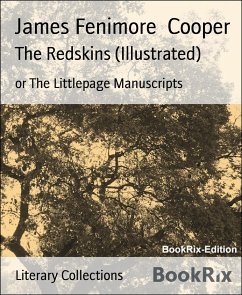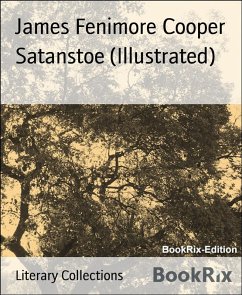
Oak Openings (Illustrated) (eBook, ePUB)

PAYBACK Punkte
0 °P sammeln!
There is nothing imaginary in the fertility of the West. Personal observation has satisfied us that it much surpasses anything that exists in the Atlantic States, unless in exceptions, through the agency of great care and high manuring, or in instances of peculiar natural soil. In these times, men almost fly. We have passed over a thousand miles of territory within the last few days, and have brought the pictures at the two extremes of this journey in close proximity in our mind's eye. Time may lessen that wonderful fertility, and bring the whole country more on a level; but there it now is, a...
There is nothing imaginary in the fertility of the West. Personal observation has satisfied us that it much surpasses anything that exists in the Atlantic States, unless in exceptions, through the agency of great care and high manuring, or in instances of peculiar natural soil. In these times, men almost fly. We have passed over a thousand miles of territory within the last few days, and have brought the pictures at the two extremes of this journey in close proximity in our mind's eye. Time may lessen that wonderful fertility, and bring the whole country more on a level; but there it now is, a glorious gift from God, which it is devoutly to be wished may be accepted with due gratitude and with a constant recollection of his unwavering rules of right and wrong, by those who have been selected to enjoy it.
Dieser Download kann aus rechtlichen Gründen nur mit Rechnungsadresse in A, B, CY, D, DK, EW, E, FIN, F, GR, IRL, I, L, M, NL, P, S, SLO, SK ausgeliefert werden.













